
The latest wetland news

Wetland Coffee Break: Introduction to wetland sedges (Carex)
This introductory talk focuses on basic Carex ecology, morphology, and common terminology, and will be useful for anyone looking to expand their understanding and use of identification guides and keys.
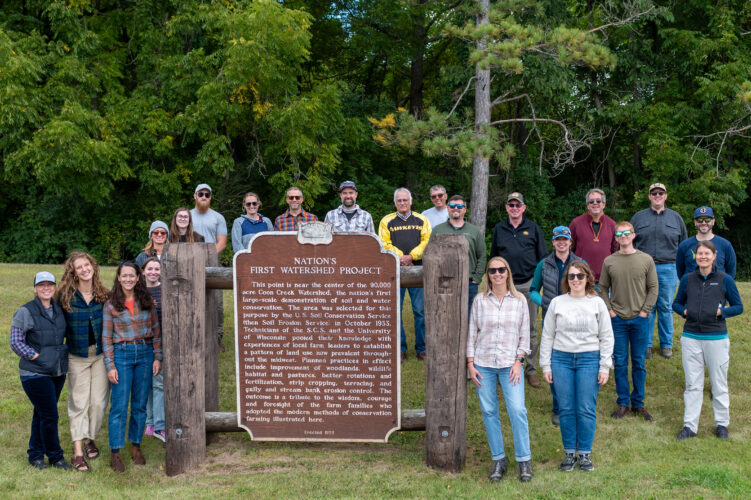
Neighbors meeting neighbors in the flood-prone Driftless Area
WWA joined watershed conservation professionals, farmers, engineers, community members, and other watershed conservation enthusiasts from Iowa and Wisconsin to discuss the complexities and challenges of flooding.
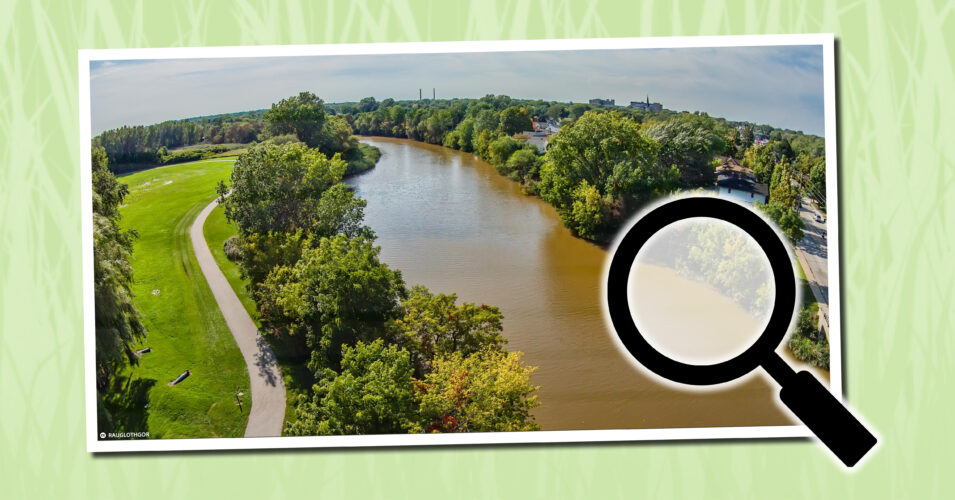
Un-filling a wetland: The East River Emilie Park wetland restoration in Green Bay
Learn more about one of the projects funded by the innovative Pre-Disaster Flood Resilience Grant Program. In the first round of the program, the City of Green Bay received $250,000 for an implementation project.
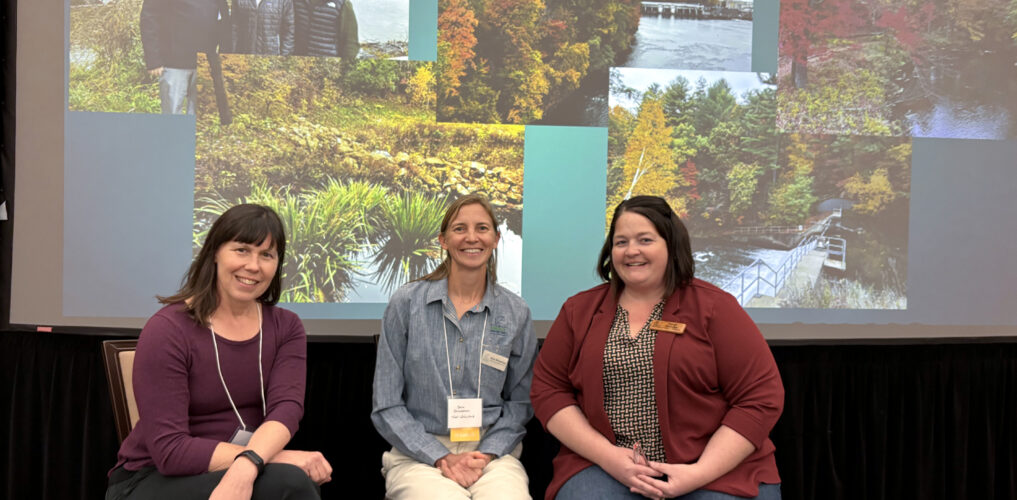
On the road promoting wetlands as solutions
Fall is here and with it came a dizzying array of conferences and gatherings that brought together professional and other key audiences for learning and knowledge exchange among peers.
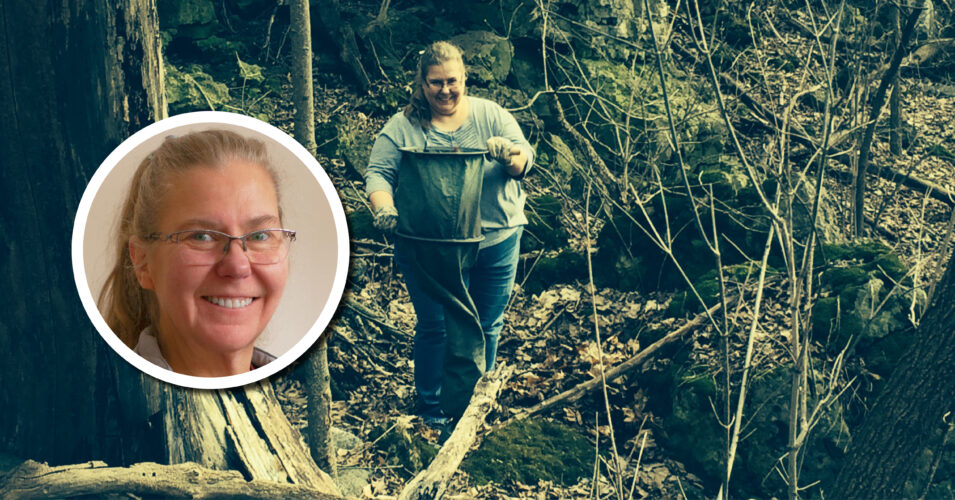
Wetland Coffee Break: Wetland Insects
Entomologist Ann Marsh will explore the process of collecting, storing, and cataloging insect specimens, and examine the types of insects that inhabit wetlands in Wisconsin and discuss their unique life cycles.

Wetland Coffee Break: How do beavers impact water?
Conservation Biologist Cortney Dean takes a look at the data, challenges, and unexpected findings of beaver-water research in northwestern Wisconsin.
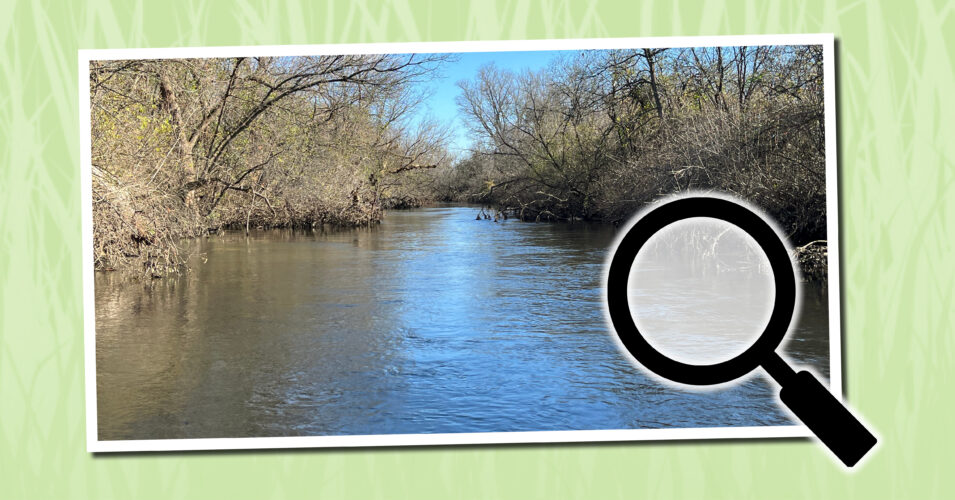
Spotlight: Dane County Pre-Disaster Flood Resilience Grant Implementation Project
The second round of applications for the Pre-Disaster Flood Resilience Grant is now open! Here is one example of a project that was funded in the first round of applications.
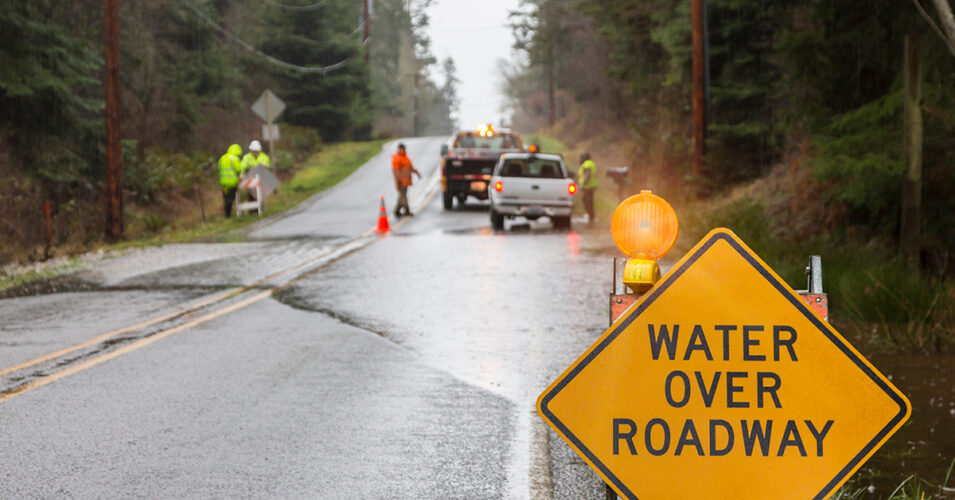
Agency Collaboration Profile: Wisconsin Emergency Management
State agency initiatives offer an effective pathway to increase public investments in wetlands conservation and build a more robust and cohesive wetland workforce.
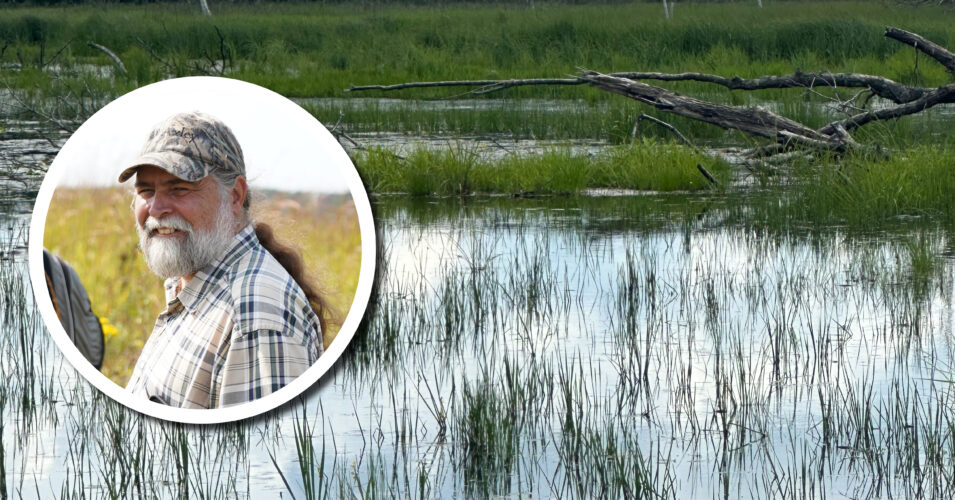
From the director: What it means to have an impact
We have a big vision, where wetlands statewide are healthy and plentiful. To make that happen, we have to be influential—we have to make an impact.
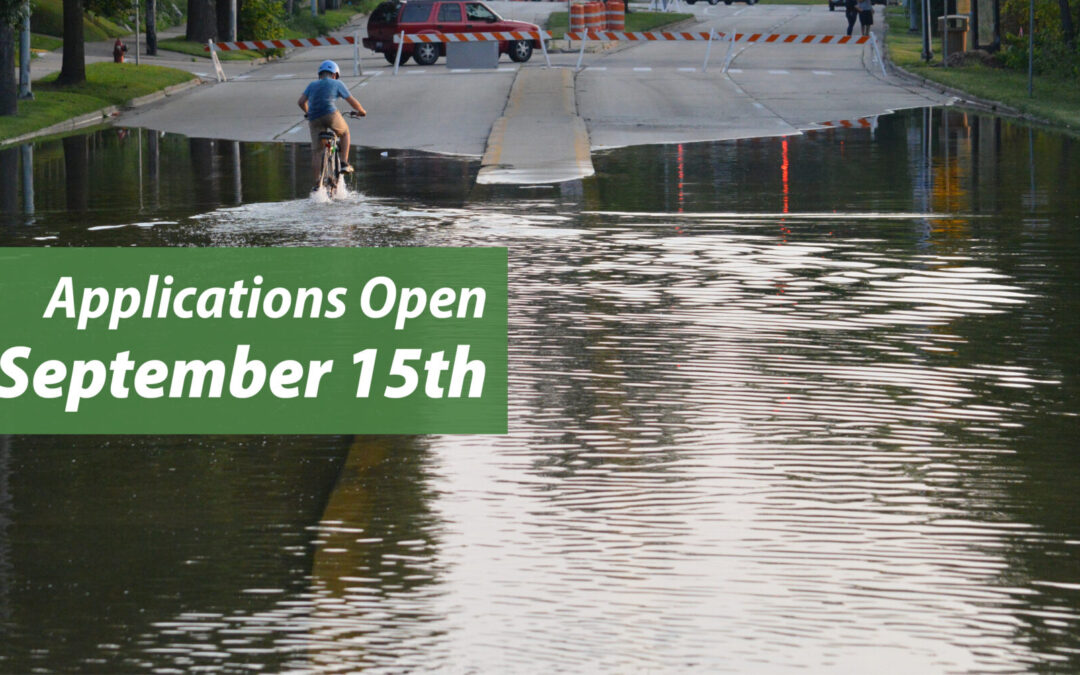
Second Pre-Disaster Flood Resilience Grant period to open soon
The second round of Pre-Disaster Flood Resilience Grants will begin September 15th, 2025.
